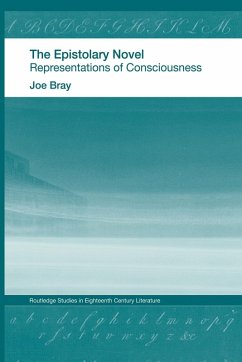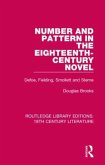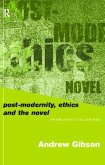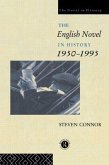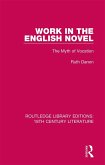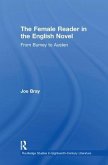The epistolary novel is a form which has been neglected in most accounts of the development of the novel. This book argues that the way that the eighteenth-century epistolary novel represented consciousness had a significant influence on the later novel. Critics have drawn a distinction between the self at the time of writing and the self at the time at which events or emotions were experienced. This book demonstrates that the tensions within consciousness are the result of a continual interaction between the two selves of the letter-writer and charts the oscillation between these two selves in the epistolary novels of, amongst others, Aphra Behn, Eliza Haywood, Samuel Richardson, Fanny Burney and Charlotte Smith.
Hinweis: Dieser Artikel kann nur an eine deutsche Lieferadresse ausgeliefert werden.
Hinweis: Dieser Artikel kann nur an eine deutsche Lieferadresse ausgeliefert werden.

